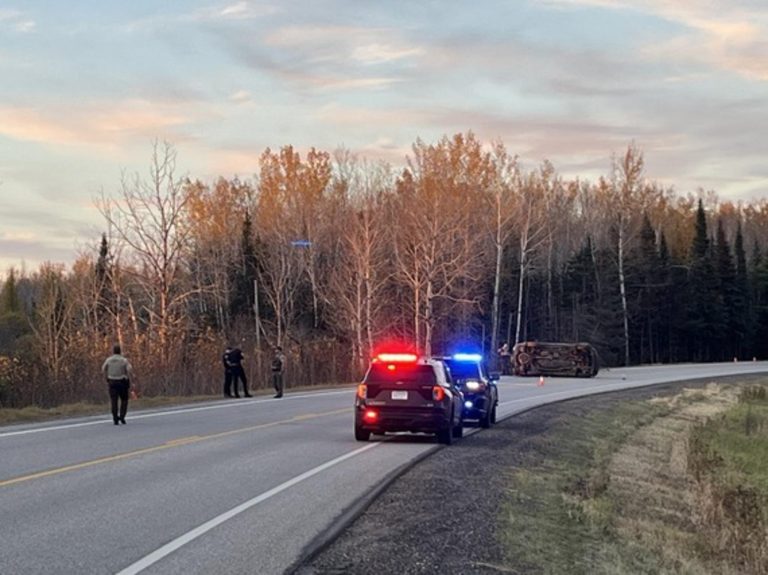Legal and Political Turbulence Swirls Over TwinMetals Proposal
By P. Moraski
The fight over the proposed Twin Metals copper-nickel mine near Ely and the Boundary Waters Canoe Area Wilderness has flared up again, as recent court rulings and political shifts leave the future of the
controversial project hanging in the balance.
A federal court recently dismissed Twin Metals’ lawsuit that aimed to force the government to reinstate its canceled mineral leases. The judge ruled the case was outside the court’s jurisdiction, essentially supporting the government’s position that the issue belongs in the U.S. Court of Federal Claims. Twin Metals has since appealed, hoping to get the case reopened in Washington, D.C. At the same time, the Department of the Interior made headlines in August 2025 when it revoked a 2022 legal opinion that had supported the lease cancellations. In its place, the agency restored a 2017 interpretation more favorable to mining companies, suggesting a potential path for Twin Metals to reclaim its leases down the line — though no leases have officially been reinstated yet.
These moves have reignited a long-running debate that splits northern Minnesota communities between environmental protection and economic opportunity.
A Washington Post report from September 29 warned that renewed mining activity near the Boundary Waters Canoe Area Wilderness (BWCAW) could put one of America’s most visited wilderness areas at serious risk. Environmental advocates told the Post that sulfide-ore mining could lead to acid runoff and heavy metal pollution that would be nearly impossible to reverse.
Just a day later, KARE-11 took a closer look at the other side of the story — the people who live and work here and see the project as a lifeline. Supporters say the mine could bring hundreds of good-paying jobs back to towns like Ely, Babbitt, and Tower. They argue that modern mining technology and careful oversight can protect both jobs and water.
“We can protect our environment and still support our families,” one Babbitt resident told KARE-11.
The issue has once again drawn in lawmakers, as some in Congress push legislation that would reinstate the canceled leases outright, while environmental groups, tribal nations, and conservationists prepare for new legal challenges.
For now, Twin Metals remains in limbo — caught between a federal appeals process, shifting political winds, and deep local divisions.
As someone who’s watched this issue unfold for years here in northern Minnesota, it’s clear the question isn’t going away: Can mining and wilderness truly coexist along the edge of the Boundary Waters?
Only time — and the next round of court decisions — will tell.


